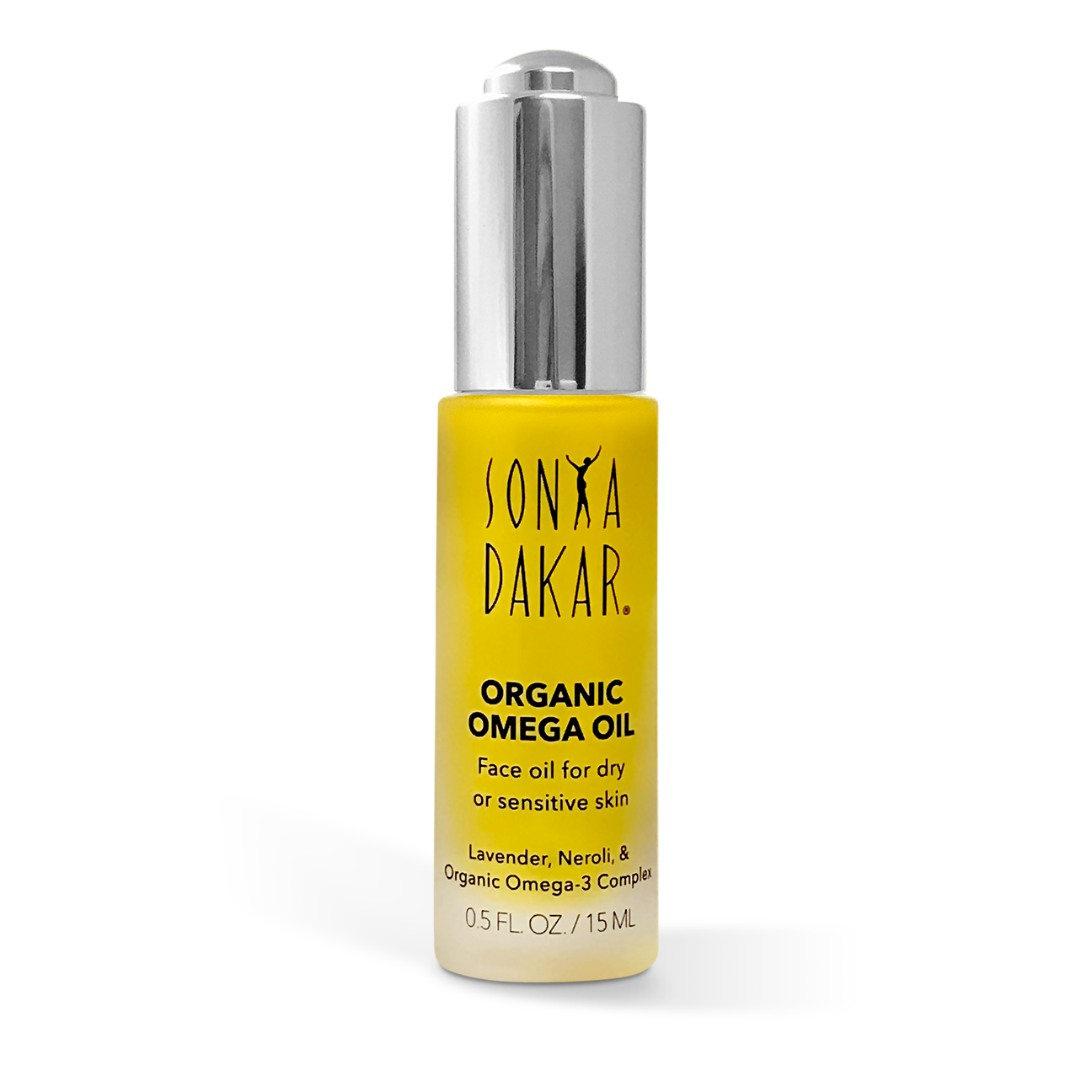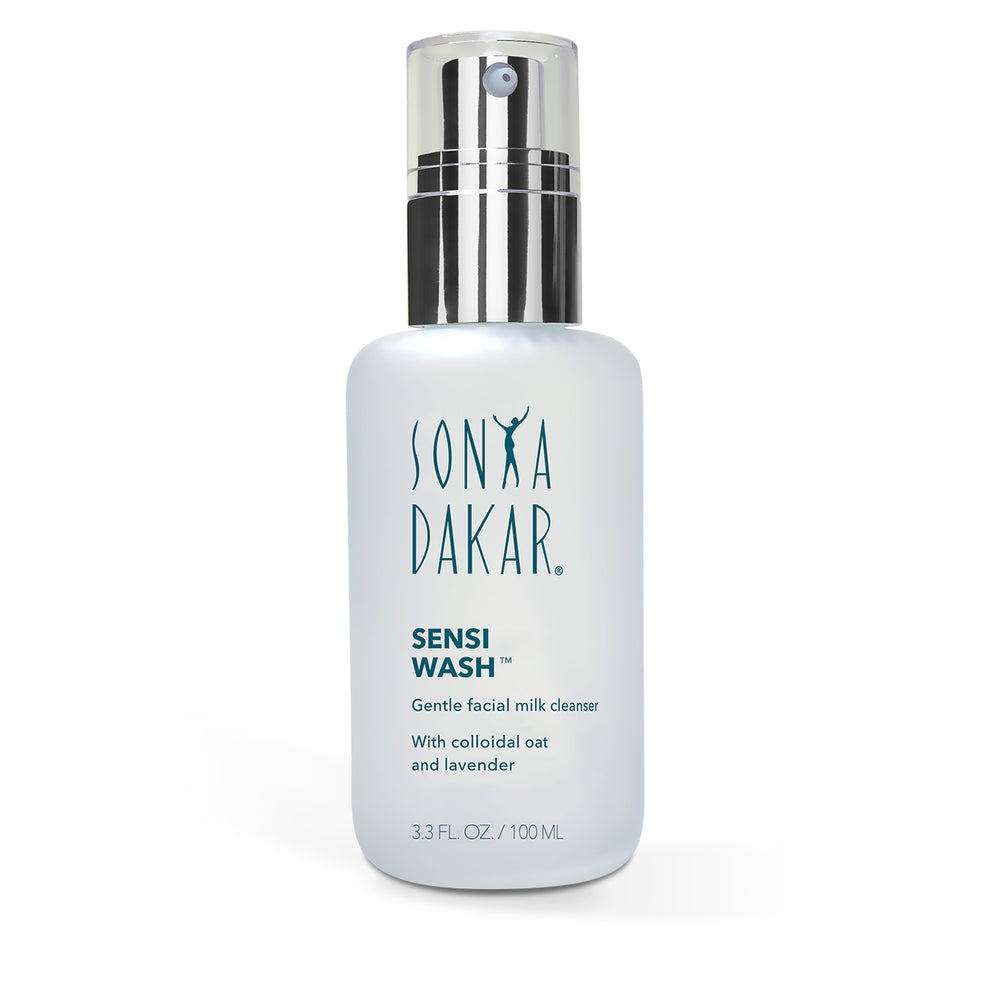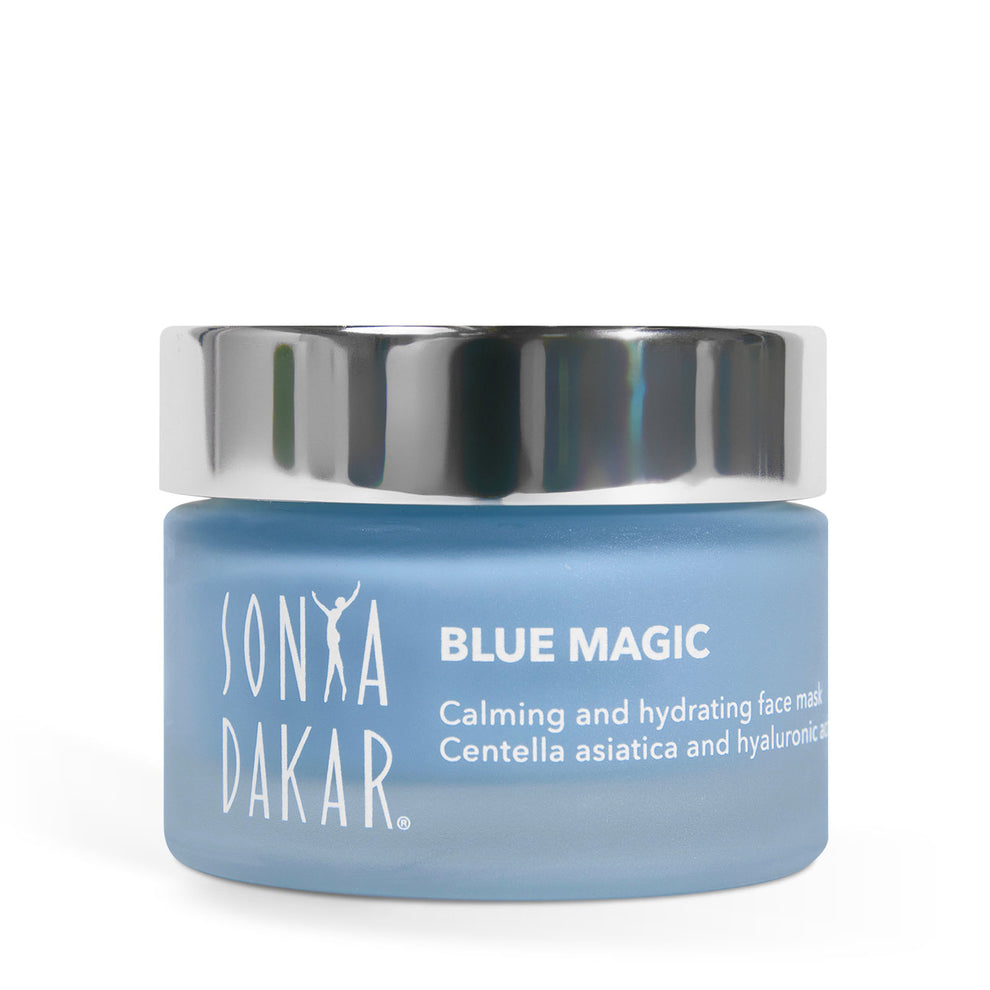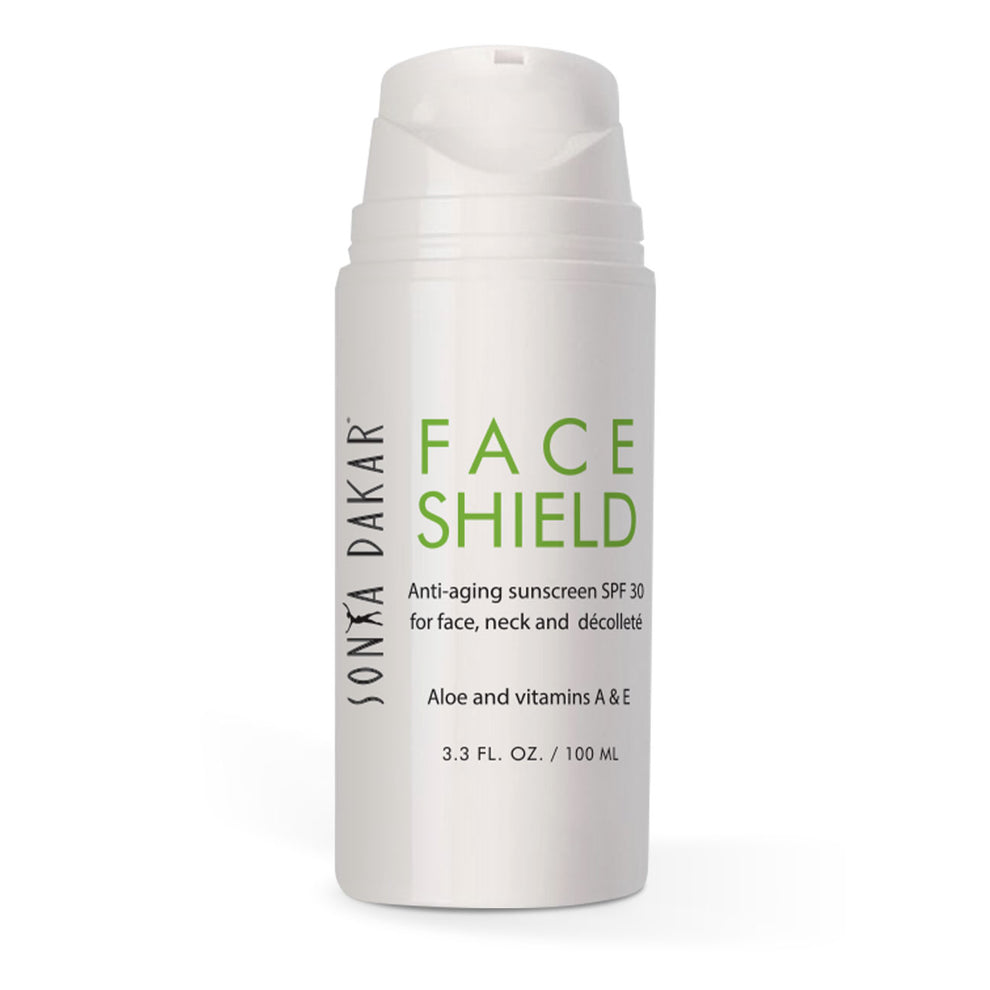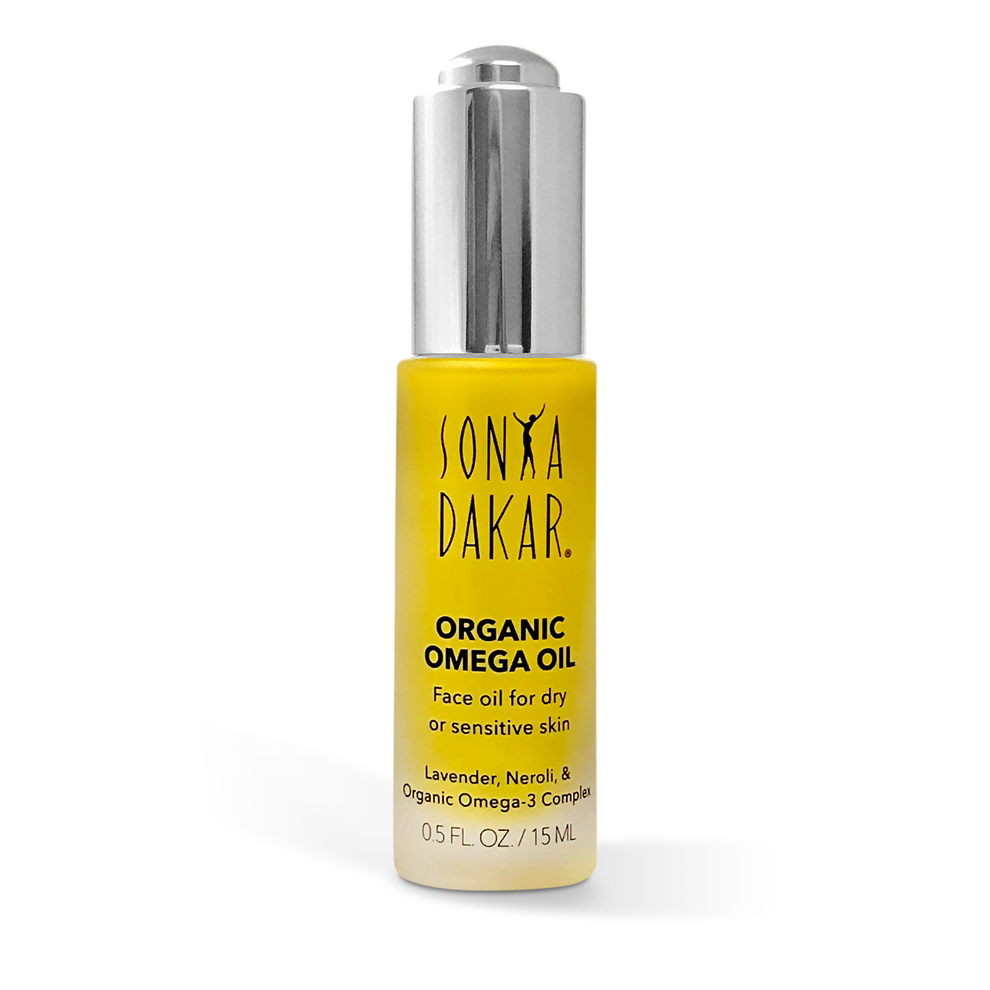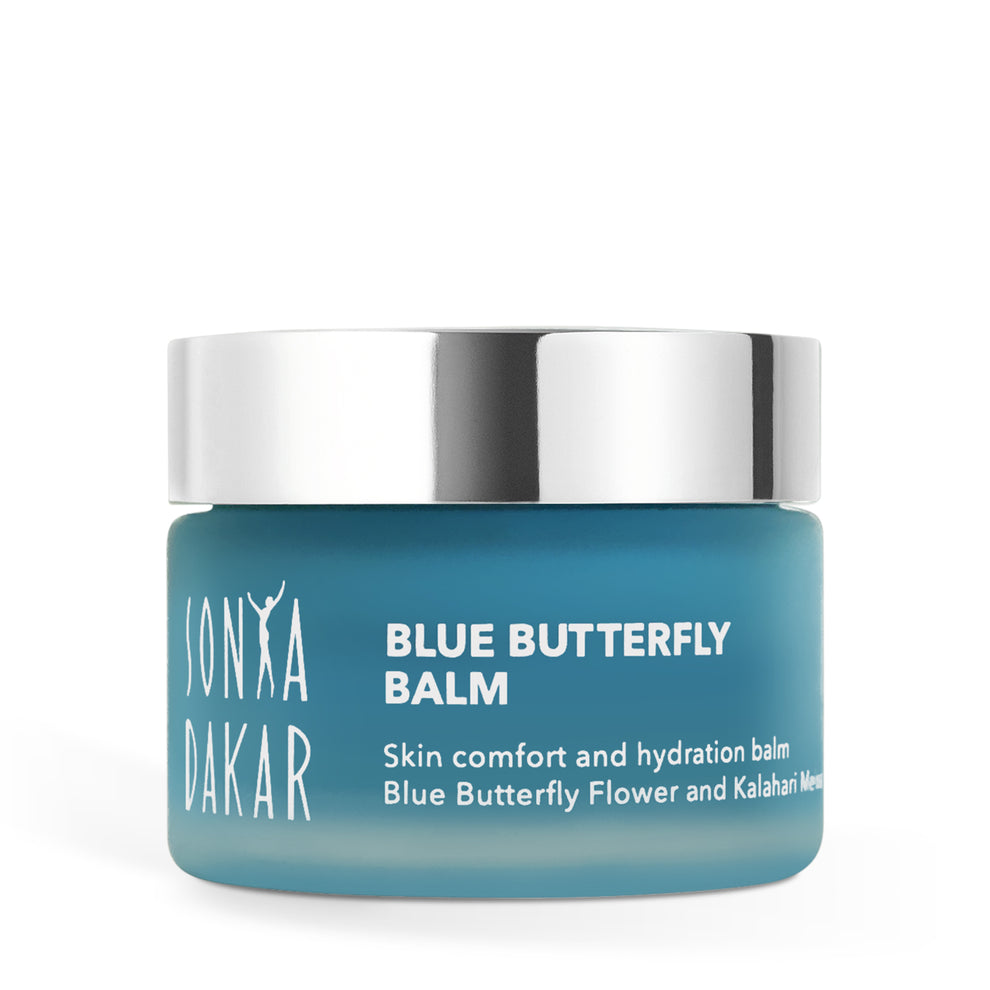
How to Reduce and Treat Redness and Irritation on Face
Facing the challenge of redness and irritation on the face can be both uncomfortable and confidence-dimming. With the right knowledge and care, however, managing these skin issues becomes much simpler. This guide aims to equip you with the tools and understanding needed to soothe your skin, offering insight into both the causes and solutions for facial redness and irritation.
Understanding Facial Redness and Irritation
Common Causes
The quest for calm, happy skin begins with understanding what might be triggering your irritation. Environmental aggressors like wind and sun, reactions to skincare products, and conditions such as eczema or rosacea are often at fault. Identifying these triggers can help you tailor your approach to skincare more effectively.
Identifying Your Skin Type
Tailoring your skincare routine starts with knowing your skin type. This is especially crucial for those with sensitive skin, which is more prone to irritation and redness. Recognizing whether your skin leans dry, oily, combination, or sensitive guides you in choosing products that support rather than aggravate your skin's delicate balance.
Key Strategies to Reduce Redness and Irritation
Gentle Skincare Routine
A cornerstone of managing sensitive skin is adopting a gentle skincare routine. This means selecting products designed to minimize irritation, such as those labeled "fragrance-free" or "for sensitive skin," and avoiding harsh exfoliants that can strip and damage your skin barrier.
Hydration and Protection
Hydrated skin is healthy skin. Ensuring your skin retains moisture not only bolsters its natural barrier but also reduces susceptibility to irritants. Similarly, daily sunscreen application is non-negotiable to protect your skin from UV-induced inflammation and redness.
Best Skincare Ingredients for Irritated and Sensitive Skin
For Irritated Skin
Soothing ingredients like aloe vera and chamomile offer relief by calming inflammation and reducing redness. These naturally derived ingredients are gentle on the skin and can be found in various skincare products designed for irritation-prone complexions.
For Sensitive Skin
For those with sensitive skin, antioxidant rich oils and extracts have been sown to be extremely effective in reducing redness and calming irritation on the face. Blue Butterfly Flower Extract, a powerful antioxidant, works to reduce inflammation and improve the skin barrier function, while flaxseed oil, rich in skin nourishing Omega-3, is renowned for its healing properties.
Practical Tips for Reducing Redness on Face
Lifestyle Adjustments
Sometimes, the key to reducing skin redness lies beyond skincare products. Simple lifestyle adjustments, such as incorporating anti-inflammatory foods into your diet or practicing stress-reduction techniques like yoga or meditation, can have a profound impact on your skin's health.
Home Remedies and Treatments
Home remedies, such as applying a cool compress or a mask made from natural ingredients like cucumber or green tea, can offer immediate relief for irritated skin. However, if redness and irritation persist, it may be time to seek professional advice from a dermatologist.
Tackling facial redness and irritation requires a multi-faceted approach that combines understanding your skin's needs, gentle care, and healthy lifestyle choices. By embracing these strategies, you can soothe your irritated skin and regain a sense of comfort and confidence in your complexion.
Remember, skincare is deeply personal. What works for one person may not work for another. Listening to your skin and adjusting your routine accordingly is paramount to achieving and maintaining healthy, irritation-free skin.
